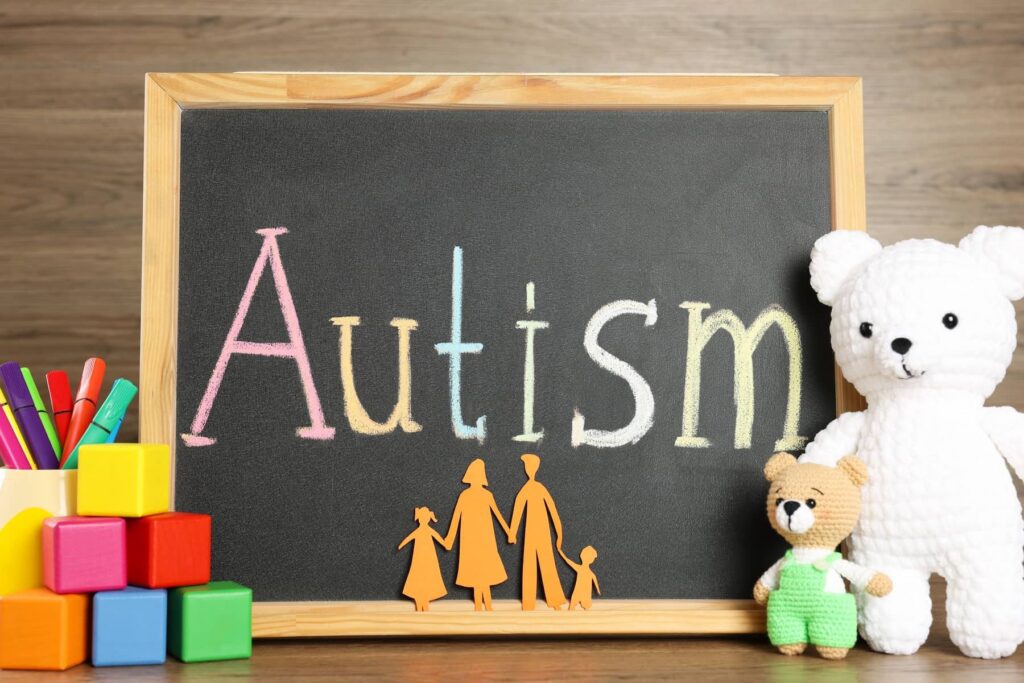Autism comes with many misconceptions—about its causes, treatments, and outcomes. Relying on myths can distract families from what truly supports their child. Here’s what science actually shows.
Myth 1: Autism Is “Curable” or Caused by Parenting
Autism isn’t the result of parenting style, nor is it a disease that can be “cured.” Studies estimate that 3–25 percent of autistic children may lose their diagnosis over time, but this varies greatly and doesn’t apply in most cases. Instead, autism is a lifelong neuro-developmental condition with a strong genetic basis (heritability estimates range from 60–90 percent) .
Myth 2: All Autistic Individuals Have Severe Challenges
Autism is a spectrum. The 2020 CDC Autism and Developmental Disabilities Monitoring (ADDM) Network found that about 1 in 31 children (3.2%) are diagnosed with ASD, a rate that spans all racial, ethnic, and socioeconomic groups. Within that group, about 27 percent are classified with profound autism, meaning they often require intensive support.
Myth 3: A Diagnosis Means Poor Future Outcomes
While some autistic individuals face challenges, many thrive with the right support. Research shows that early intervention, often before age six, leads to better communication, academic readiness, and social skills.
What This Means for Families
1. Autism is not caused by parenting. It has deep genetic roots and varies widely in expression.
2. Every child with autism is unique. Treatment should match their individual strengths and needs—not stereotypes.
3. Early support improves outcomes. Coordinated intervention, ongoing skill-building, and family involvement are powerful.
Don’t let autism myths hold your family back.
Contact Phoenix Autism Center to learn how our individualized, evidence-based approach helps children and parents move forward with confidence.




